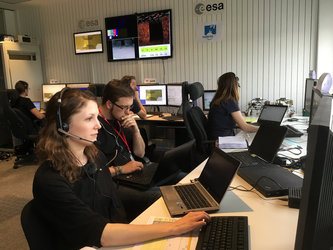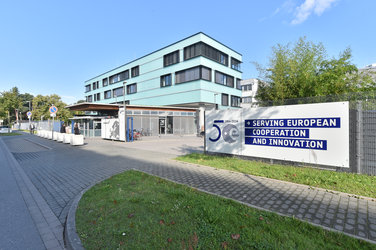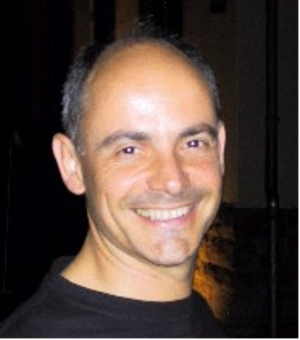Profiles - Advanced Operations Technologies Group
Our team comprises research fellow(s), young graduate trainee(s), on-site and off-site contractors managed by an experienced ESA staff member. Part of the team sees a high turn-over, with typical durations of between one and two years.
The team's competencies include agile methods such as extreme programming and SCRUM applied to the areas of planning, scheduling, monitoring, diagnostic and automation. In-house expertise covers different branches of computer science including
- Artificial intelligence (AI)
- Data mining
- Constraint programming
- Multi-agent systems
- Case-based reasoning
- Fuzzy logic
- Operational research
- Artificial neural networks
We are a customer-focused group! Our behavioural competences include continuous learning, innovation and creativity, problem solving, communication, teamwork, ambassadorship and results orientation.
Alessandro Donati
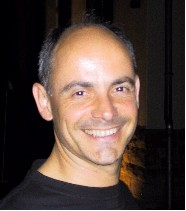
Head of the Advanced Mission Concepts and Technologies Office
Alessandro Donati has more than 20 years of experience in satellite operations at ESOC, ESA's European Space Operations Centre, Darmstadt, Germany. In 2001 he founded and led the precursor to today's AMCTO, a 'skunk works'-style office devoted to introducing and exploiting advanced enabling technology in support of innovative mission operations concepts. Alessandro holds a Masters of Electronic Engineering degree from the University of Rome La Sapienza.
Simone Fratini

Simone is a researcher and software engineer in the area of Artificial Intelligence Decision Making systems. His research activities apply to modelling and solving planning and scheduling problems for controlling complex physical systems with timelines in various domains: spatial, robotics, industrial. Simone holds a M.Sc. (2002) and a PhD (2006) in Computer Science Engineering. Simone's research activities led to the design and deployment of software systems that have been used in various projects, both for ESA and for the EU. Among the others: GOAC: Goal Oriented Autonomous Controller, APSI: Advanced Planning and Scheduling Initiative; Mexar2: A Software Tool for Continuous Support to Data Dumping Activities for Mars Express.
Sebastian Martin
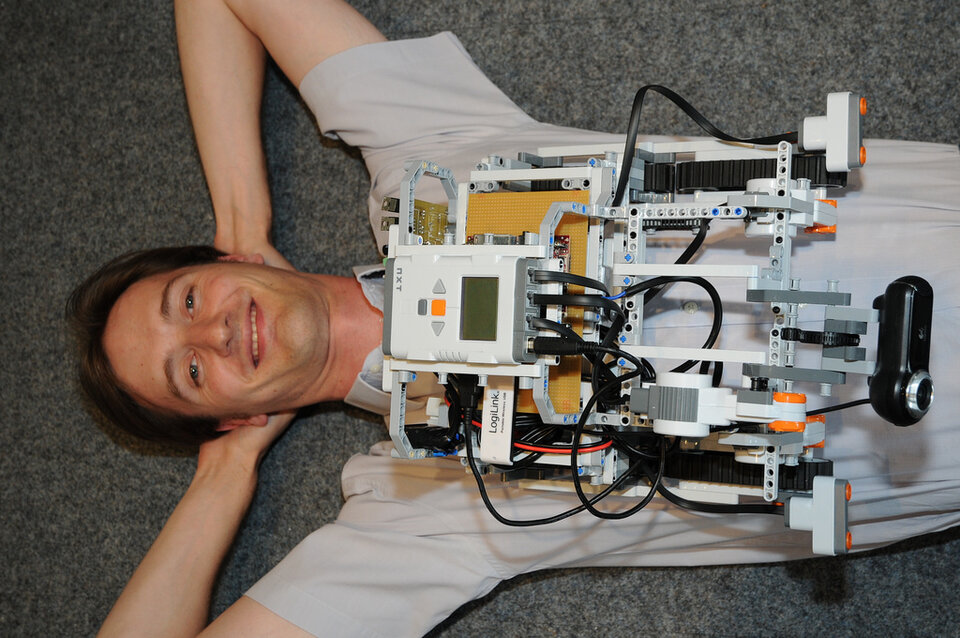
Sebastian Martin arrived at ESOC in 2006 and has a degree in Computer Science focusing on distributed systems, web technologies and computer networking. He oversees and participates in projects, prototype definitions and implementations, and responsible for the Mission Utility and Support Tools (MUST), Digital Logging System (DigiLog) and the Alarming System and Reporting Tool. His interest lies in advanced software technologies, software engineering and development applied to the space domain, as well as computer networking and security related activities.
José Antonio Martínez Heras
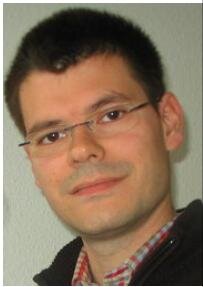
José Martínez works mainly in the areas of advanced monitoring and diagnostics. He has worked for ESA since 2002 as a technology consultant. His role in the team is to identify and develop suitable technologies to improve the way ESOC performs monitoring & diagnostics. José has actively participated in a variety of projects such as MUST, DrMUST, packet compression, fractal re-sampling, automatic anomaly detection, thermal power forecasting and virtual sensors. Some of the technologies developed for these projects resulted in ESA patents. José holds a Computer Engineering degree from the University of Málaga, Spain.
Henrique Oliveira

Henrique Oliveira is a software engineer and has worked in the space industry since 2006 and at the ESOC Advanced Mission Concepts and Technologies Team since 2007. He is currently the lead developer for the WebMUST project, and has been involved in several ESA projects, such as MUST, SEISOP, APSI and TECO. He is mainly interested in the architecture and development of scalable information systems, as well as in mobile and web technologies, in application to space operations.
Nicola Policella

Nicola Policella is a research and software engineer and has worked at ESA since 2006. He deals mainly with the application of constraint programming techniques to planning and scheduling problems with particular interest in the synthesis of robust plans. He has participated in and/or managed a variety of projects mostly in the area of planning and scheduling such as MEXAR2, SkeyP, APSI, and IRONCAP. Nicola holds a Doctorate and a Master's degree in Computer Science Engineering from the University of Rome La Sapienza.


